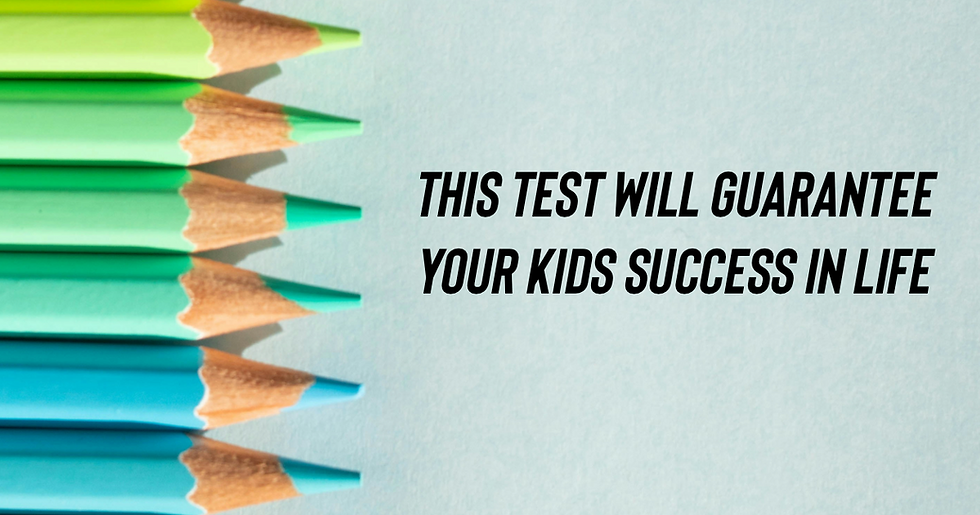What the top four education systems in the world can teach us about learning and technology
- Christal Marshall
- Oct 18, 2024
- 2 min read

These are my morning thoughts about being a former teacher, a homeschooling mom, and how to prepare my kids for the next generation.
As I reflect on the last 13 years of doing this, I've been reading about various techniques and what other countries do regarding education. What are their methods for creating exceptionally smart kids?
One of the books I read was "The Smartest Kids in the World," which I highly recommend. It discusses how America ranks number two in the world for spending on education but falls around 25th or 30th in performance and educational standards. What are the top four countries doing that makes them stand out?
We have Finland, Canada, Poland, and South Korea, all performing in the top four globally. Their kids are considered the think tanks of what is working in education today.

Something that struck me in this book was the lack of technology in many of these countries. They focus more on hands-on learning, using chalkboards, textbooks, and paper-and-pencil evaluations. This contrasts sharply with our increasingly AI-centered world, where many university students are being expelled for using AI tools.
If we look back at these older methods used by top educational standards, such as those in Finland, they emphasize paper and pencil, discussion-based learning, presentation skills, and essay writing. They engage in project-based learning and hands-on trades, none of which can be easily hacked or cheated using AI. This has given me a lot to think about as a mom.

In my home, I have piles of science kits, Play-Doh, kinetic sand, and board games. This reinforces my decision to embrace old-school methods, focusing on paper-and-pencil workbooks, journaling, handwriting, and spending time outdoors. We connect with nature through trips and camping—old-school camping in tents or vintage RVs—wherever we can find the opportunity.
We solve problems through board games and coaching apprenticeships. My kids learn trades and skills alongside us on the job site, helping us in our businesses and learning to cook.
I often wonder if this approach will be successful. Nobody truly knows if their children will turn out well; there’s no guaranteed path to raising amazing, well-adjusted individuals. However, research suggests that engaging in old-school practices—like talking with your kids at dinner, playing board games, taking walks, and building relationships—can lead to well-adjusted children who excel in critical thinking and problem-solving.

So, there you have it—my morning ramblings. If you’re homeschooling for the first time and feel uncertain, focus on the basics. If you’ve been homeschooling for a while and lack a clear goal or are unsure if your kids are learning, I recommend reading "The Smartest Kids in the World." The author, a journalist, traveled the globe interviewing thousands of kids and visiting numerous schools to uncover the formula for raising healthy and happy children.
Ultimately, she discovered that fostering problem-solving skills, critical thinking, adult interactions, and meaningful connections among peers creates a passion for learning. This can provide a world-class education, so don’t doubt yourself.
Alright, everyone, have a great day, and keep learning fun
See my site www.thefunschoolers.com












Comments